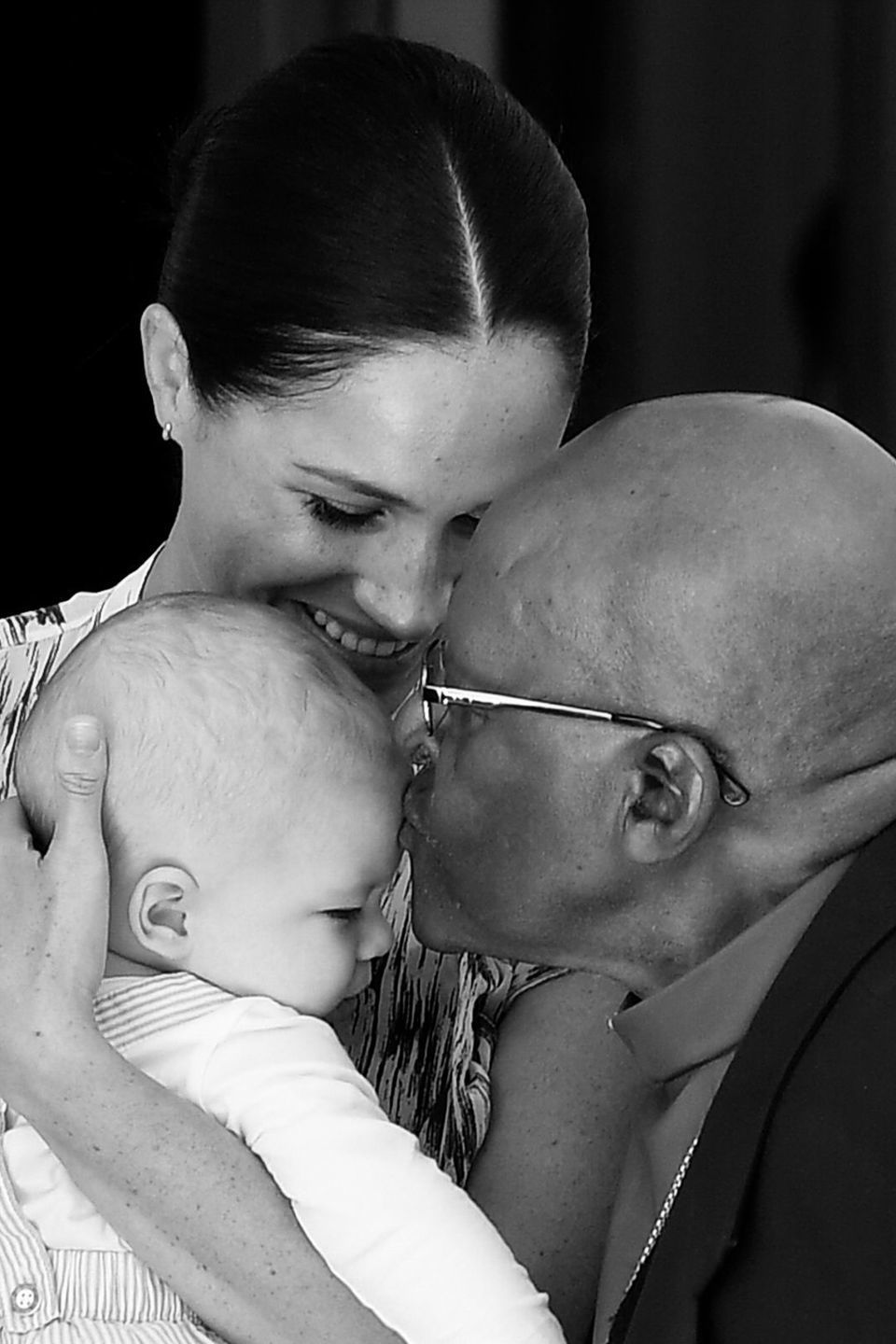Many people have championed various human rights causes in South Africa. They were outspoken against abuses during the apartheid years, and remained advocates of human rights for all people in post-apartheid South Africa, some till their deaths.
Desmond Tutu’s hearty laughter matches his passion to improve the lives of people throughout South Africa and the world. Before he became a priest, Desmond Tutu, born in 1931, was a teacher. Following the introduction of Bantu education, however, he decided to join the church.
In 1978, he was appointed the general secretary of the South African Council of Churches, where he became vocal about unjust racial laws. He climbed the ladder in the church: in 1985, Tutu was appointed the Bishop of Johannesburg; in 1986, he was chosen as the Archbishop of Cape Town, the head of the Anglican Church in South Africa – hence his affectionate nickname, “The Arch”.
He was the first black person to hold the position, the highest in the South African Anglican Church. In 1987, he was also named the president of the All Africa Conference of Churches, a position he held until 1997.
Tutu used his position to call for equality, and was a vociferous campaigner for human rights. In 1996, Nelson Mandela appointed him chair of the Truth and Reconciliation Commission, the body set up to investigate human rights violations during the apartheid.
Tutu acknowledged that bringing an end to apartheid was a collective effort. “In South Africa, we could not have achieved our freedom and just peace without the help of people around the world,” he wrote on Huffington Post, the American news site, “who through the use of non-violent means, such as boycotts and divestment, encouraged their governments and other corporate actors to reverse decades-long support for the apartheid regime”.
Among other accolades, Tutu won the Nobel Peace Prize in 1984, the Albert Schweitzer Prize for Humanitarianism in 1986, and the Gandhi Peace Prize in 2007.
Here is his simple message to the world:
Join the conversation online. Find us on Twitter (@MNet), Instagram (@mnettv), and Facebook (@MNet).
This article originally appeared on the Brand South Africa website.

